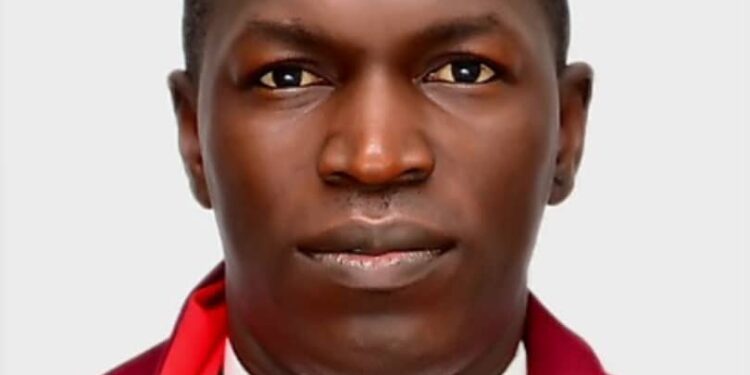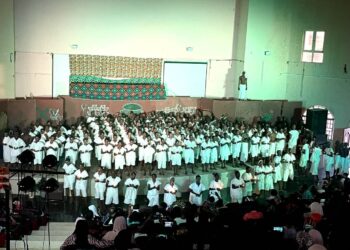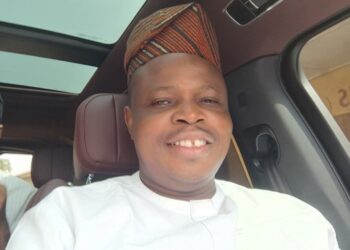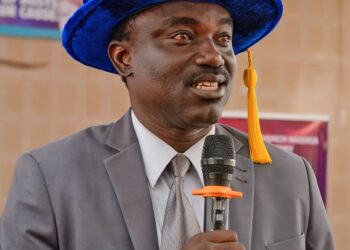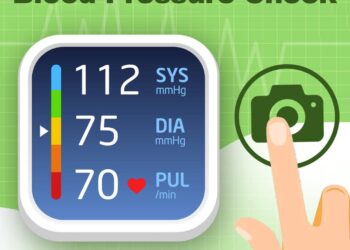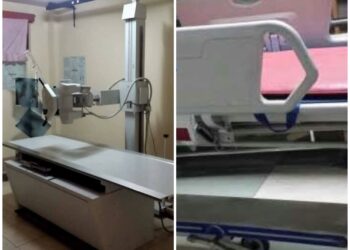By Dr. Adekunle Adebayo Ayoade
Adeayocare@gmail.com

Few events shock a family or community more than the sudden death of a seemingly healthy individual. It is a tragic and often traumatic experience that leaves loved ones bewildered, communities shaken, and tongues wagging. Across Nigeria, such incidents are frequently shrouded in speculation—spiritual attacks, poisoning, or unseen enemies. But what truly causes sudden death, and how can it be prevented?
It is not unusual to hear of a young footballer collapsing on the field, a driver slumping behind the wheel in traffic, or a student fainting during a school activity. Families and groups of friends have been reported dead after a party, with neighbours whispering about poisoning or mysterious forces. In churches, markets, and even at wedding receptions, cries of shock often follow when someone suddenly slumps during moments of joy. Almost immediately, suspicion arises: Was it a jealous rival? A curse? A charm?
What Medicine Tells Us
Medical science explains many of these deaths. Conditions such as coronary artery disease, cardiac arrhythmias, hypertensive heart disease, ruptured aneurysms, pulmonary embolisms, and undiagnosed congenital disorders can all strike without warning.
Still, it would be naïve to dismiss foul play entirely. Cases of poisoning and subtle criminal acts do occur in both rural and urban Nigeria. Rivalries in politics, business, and personal relationships sometimes escalate into fatal outcomes. This is why autopsies and forensic investigations are critical—they separate superstition from science, provide closure for grieving families, protect innocent people from wrongful accusations, and expose genuine cases of criminality where they exist.
The Missing Link: Emergency Response
Beyond identifying causes, Nigeria faces another glaring challenge—the near absence of structured emergency medical response systems. A person who suffers a heart attack or cardiac arrest has only minutes to live without oxygen, cardiopulmonary resuscitation (CPR), or defibrillation. Sadly, most Nigerian cities and towns lack trained paramedics or functioning emergency facilities.
When someone slumps in public, bystanders often panic—pouring water, shouting, or rushing the victim to a hospital in a car or bus without administering first aid. By the time they arrive, it is usually too late.
Every Nigerian state urgently needs a functional emergency medical response agency, equipped with ambulances, trained personnel, and lifesaving devices such as defibrillators, oxygen cylinders, and ECG monitors. Such agencies should collaborate with hospitals, police, and road safety formations for swift rescue operations. Even non-medical personnel—traffic wardens, police officers, and road safety officials—should be trained in basic life support, because sudden death can occur anywhere.
Prevention Through Awareness
Prevention begins with awareness. Many Nigerians rarely undergo routine medical check-ups and only seek care when symptoms become unbearable. Silent killers like high blood pressure, diabetes, and heart disease often go undetected until irreversible damage occurs.
Routine health checks, healthier diets, regular exercise, quitting smoking, and stress management could save countless lives. Families must also take warning signs seriously—chest pain, unexplained fatigue, shortness of breath, or fainting spells should never be dismissed as mere tiredness or spiritual attacks.
The Cultural Dimension
Cultural beliefs remain powerful. In many communities, sudden death is explained through witchcraft, ancestral curses, or mystical arrows from enemies. Politicians who die unexpectedly are said to have been spiritually eliminated, while businessmen who slump are thought to have offended hidden rivals. These perceptions reflect a gap between traditional beliefs and public health education. Where science is absent, fear takes over.
Conclusion
Sudden death in Nigeria is both a personal tragedy and a public health crisis. Strengthening healthcare systems, establishing emergency response agencies, and promoting autopsies are crucial steps toward saving lives and reducing harmful speculation.
As a nation of over 200 million people, Nigeria cannot afford to leave life and death to superstition or chance. What we need is truth—not fear, not blame. That truth lies in the meeting point of science and society, where grief is not only acknowledged but also transformed into action.
Dr. Adékúnlé, Adébáyò Ayòadé is Laboratory Physician and Consultant Anatomical Pathologist, Ladoke Akintola University of Technology, Ogbomoso
You can get every of our news as soon as they drop on WhatsApp ...To get all news updates, Join our WhatsApp Group (Click Here)

